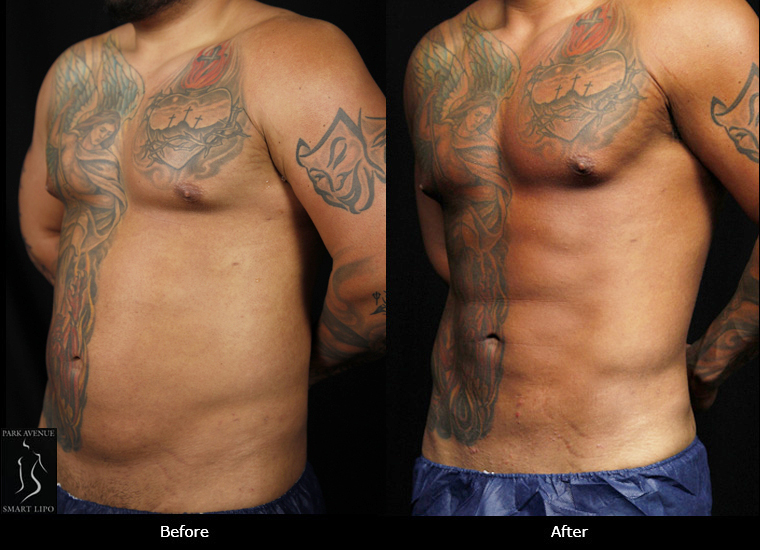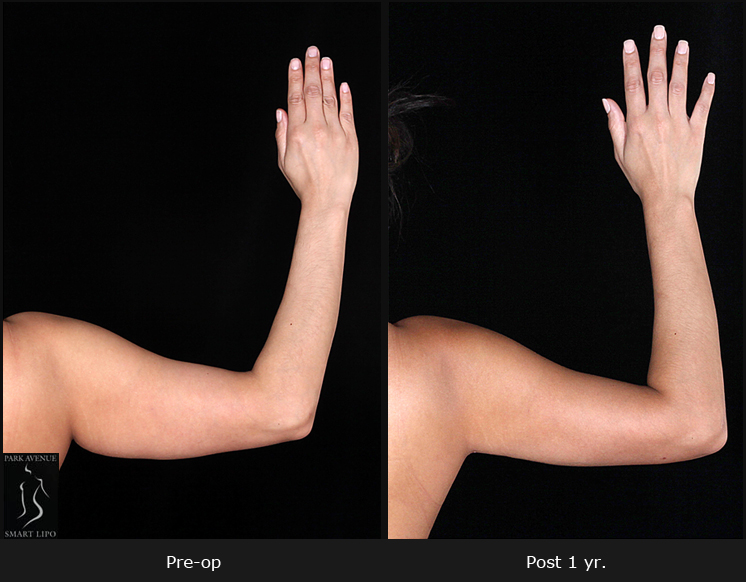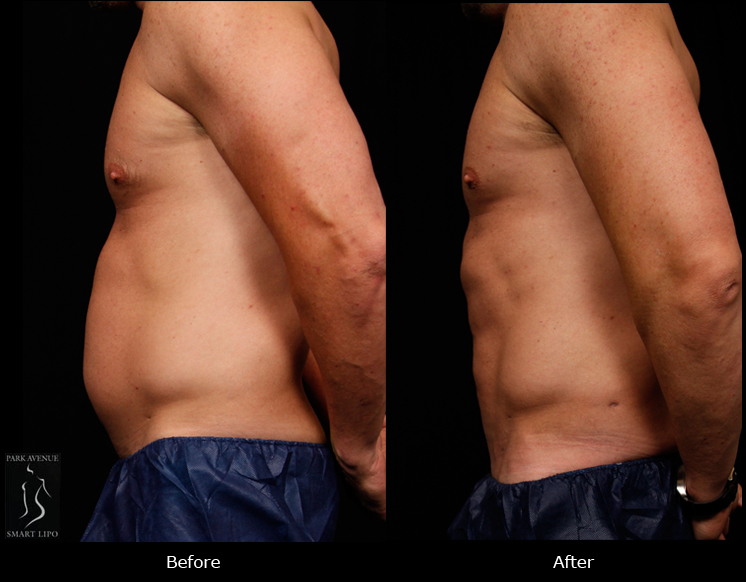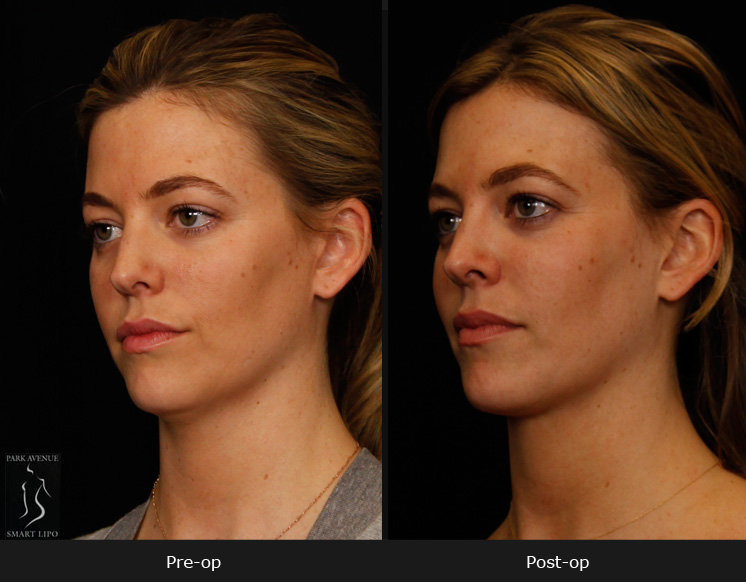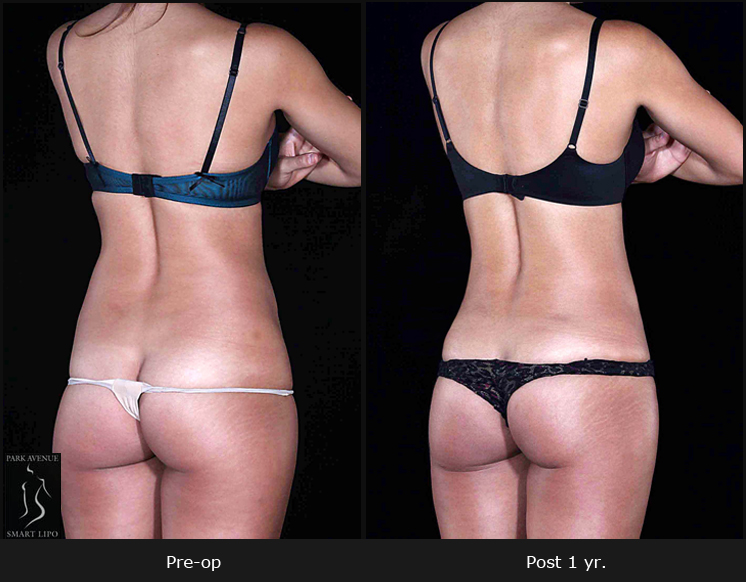Men and women concerned about body weight and stubborn fat have two options: weight loss surgery and liposuction. Bariatric surgery or weight loss surgery makes changes to the digestive system and causes weight loss in obese people. The procedure helps you lose weight by either restricting the amount of food the stomach can hold or by reducing the absorption of nutrients. Liposuction is a plastic surgery procedure designed to remove excess fat deposits from specific areas of the body. It is not a weight loss method, but rather, a procedure to remove excess fat that is resistant to diet and exercise, and reshape the body. Laser liposuction is a minimally invasive option that involves liquefying the excess fat for easy removal. Even though both these procedures address fat and alter appearance of the body, they are very different. Choosing between them requires careful consideration and medical consultation.
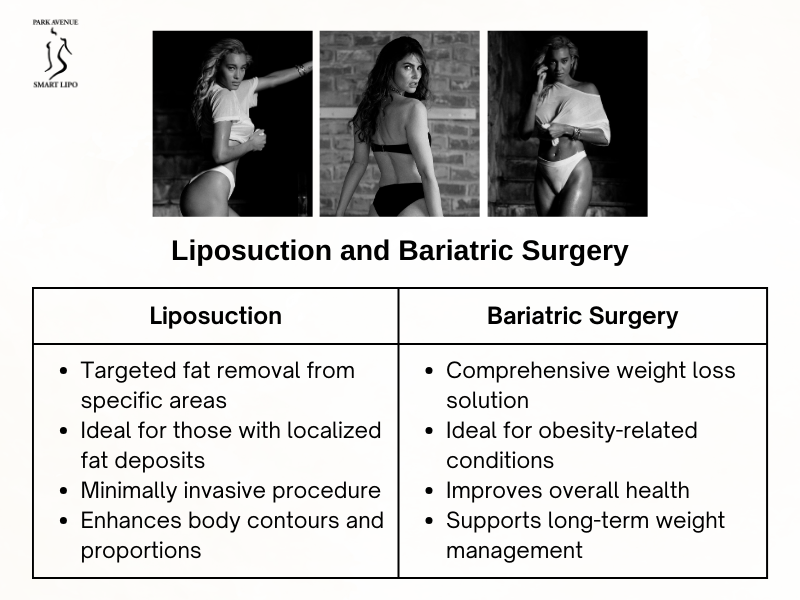
Liposuction versus Bariatric Surgery
Here’s a breakdown of these procedures to help you understand what they do:
- Body mass index (BMI): Bariatric surgery is typically recommended for individuals with a BMI over 40 or over 35 with obesity-related health conditions like diabetes or hypertension. Lipo is usually recommended for those with a BMI within or slightly above the normal range but who have localized fat deposits.
- Weight loss: If you have a significant amount of weight to lose (usually more than 100 pounds), bariatric surgery may be the more effective option. Liposculpture is better suited for those looking to remove stubborn fat deposits in specific areas of the body.
- Health considerations: Bariatric surgery not only helps with weight loss but can also improve or resolve obesity-related health issues such as type 2 diabetes, sleep apnea, and high blood pressure. Lipo primarily targets cosmetic concerns and does not offer the same health benefits as weight loss surgery.
- Surgical risks and recovery: Both procedures carry risks, but laparoscopic weight loss surgery is more invasive and involves a longer recovery period. Liposculpture is a less invasive procedure with a shorter recovery time, but may require multiple sessions for desired results.
- Lifestyle changes: Weight management surgery requires significant lifestyle changes, including dietary modifications and regular exercise, to maintain weight loss and prevent complications. Suction-assisted lipectomy does not address underlying lifestyle factors contributing to weight gain and may require ongoing healthy habits to maintain results.
To know which treatment is right for you, consult a skilled plastic surgeon. If your concerns are purely aesthetic and if you are close to your ideal body weight, laser liposuction in NYC could help. For safe and effective treatment, consult an experienced plastic surgeon offering services in an AAAASF accredited plastic surgery practice in NYC.


